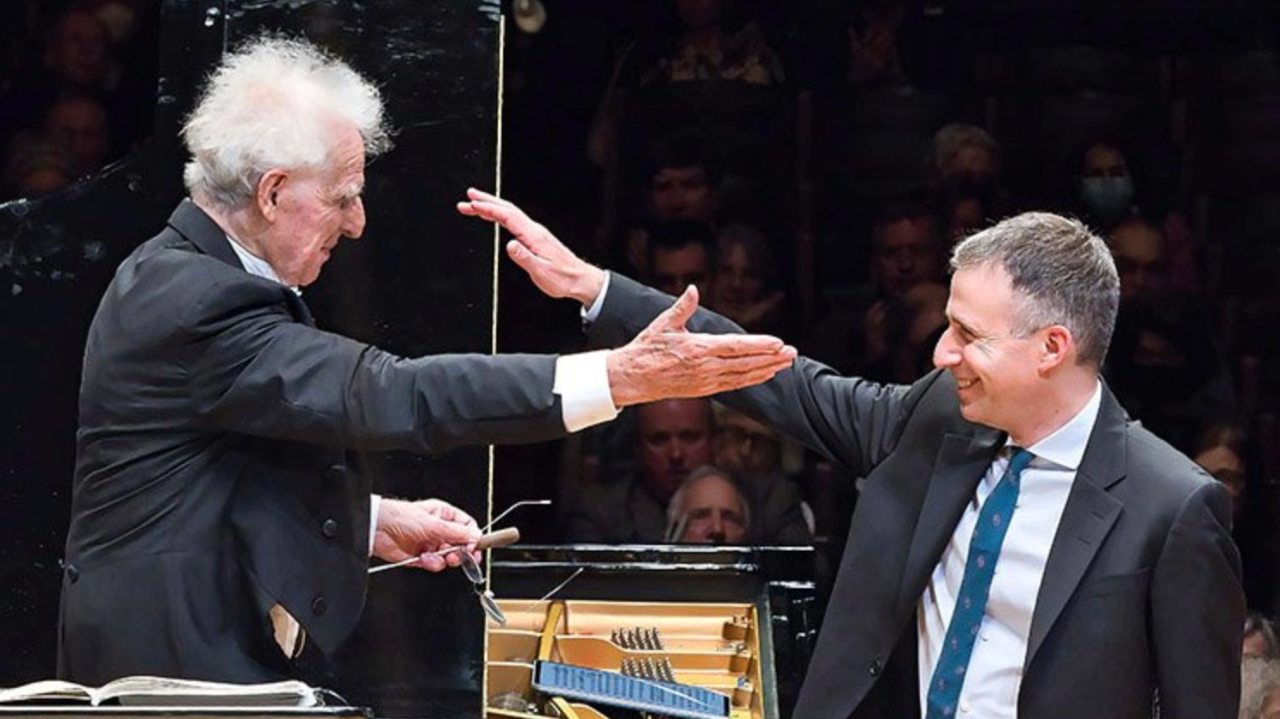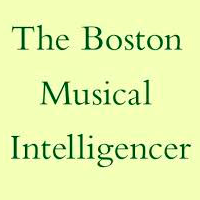BPO Memorializes Roz Zander


The late Rosamund Zander.
Friday night’s Boston Philharmonic Orchestra performance of Britten, Bartok, and Shostakovich at Symphony Hall was a special one for conductor Benjamin Zander. Not only was each work on the program “an unquestioned masterpiece,” he asserted in his pre-concert talk, but it was also deeply personal. In dedicating the evening to his ex-wife and beloved colleague Roz, who died in September, Zander noted that she was the inspiration and spiritual guide to the BPO together with her husband, Swiss philanthropist, Hansjoerg Wyss, the financial sine qua non. The concert—mostly comprising unquestionably dark music—would seem an odd memorial, but not, according to Zander. To those close to Roz, she was always a seemingly limitless source of light, and in some sense was most in her element in times of darkness. She helped Zander, as he explained, through many of his own dark times.
The three works we heard—Britten’s Passacaglia from Peter Grimes, Op. 33b, Bartok’s Concerto No. 3 for Piano and Orchestra, BB 127, and Shostakovich’s Symphony No. 10 in E Minor, Op. 93—were written within the narrow span between 1945 and 1953. The Britten and Shostakovich are both ‘victims against the crowd’ works, Peter Grimes against the fishing village, Shostakovich against Stalin and were, as promised, profoundly dark. The Bartok is quite the opposite and, as Zander described, served as a “solace for the soul” interlude between the darker moments.
The Britten begins with an ethereal pizzicato theme that forms the bass line of the passacaglia, which came across very effectively. A lot of times, orchestras give “lazy” pizz.; the BPO did not. Next, a haunting viola solo enters. The music eventually reaches a dissonant frenzy, ultimately fading to the same feeling of empty uncertainty wherein it started. With Zander’s sense of architecture, the whole seven minutes passes as a structurally consistent crescendo of emotions.
The Bartok, featuring pianist Benjamin Hochman, begins with a brightness contrasting so much with his other concertos. Hochman played with an ease and relaxation so appropriate to the music. The second movement, intentionally reminiscent of the theme of the second movement of Beethoven’s String Quartet in A Minor, Op. 132, sounded every bit as beautiful as Zander had promised in his talk. The final movement presented ample opportunity for Hochman to showcase flashy technique, but he rather approached it with humor, ease, and some restraint. Hochman dispatched his encore, the Sarabande from Bach’s Partita for Keyboard No. 2 in C Minor, BWV 826, with long phrases and perfect control, and not a moment of dryness.
For some reason, one can scarcely think about Shostakovich without Stalin entering the conversation. This theme? That rhythm? He’s hiding in every corner, at least as Solomon Volkov would have you believe in Testimony, Shostakovich’s supposed memoir. And of course, his tenth symphony, published just after Stalin died, is—of course—about Stalin. At the risk of sounding unempathetic, adding a film-score caricature [the second movement] of Stalin (because you can’t get him out of your mind) does not a great symphony make; historical context does not beget quality. Thus, if one strips the Stalin narrative, one is left with a fine, passable symphony, but not a masterwork. To be clear: Zander and the orchestra’s execution was excellent. The string-heavy, often-Mahlerian sounds played to Zander’s style. The few solo opportunities that the music allowed were all executed flawlessly. One that comes to mind is principal bassoonist Ronald Haroutunian’s at the start of the fourth movement, but everyone rose to the occasion on Friday night.
Click here to read the program.
 Nathaniel Eiseman - The Boston Musical Intelligencer
Nathaniel Eiseman - The Boston Musical Intelligencer